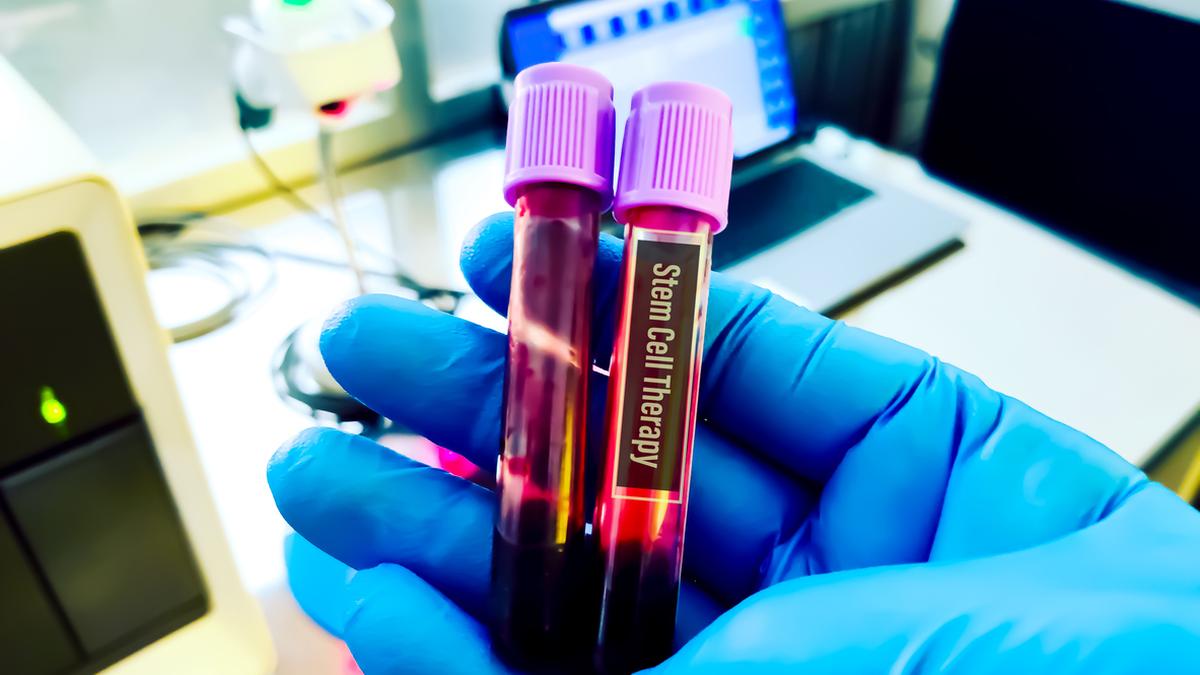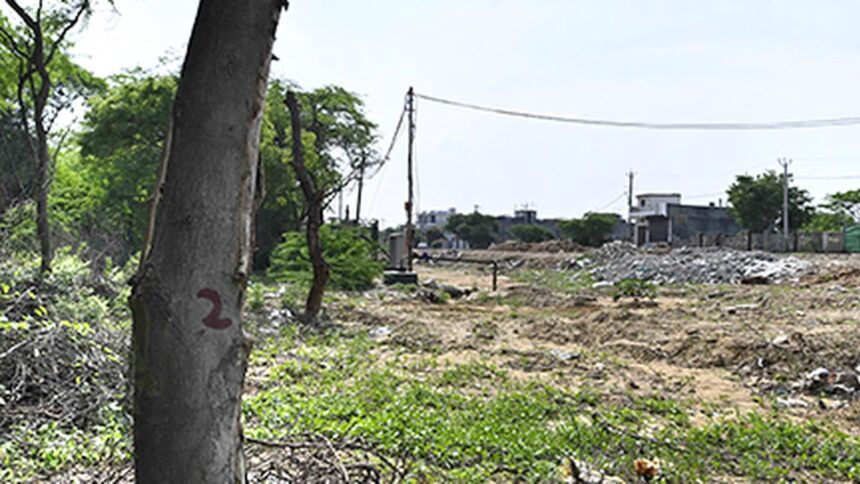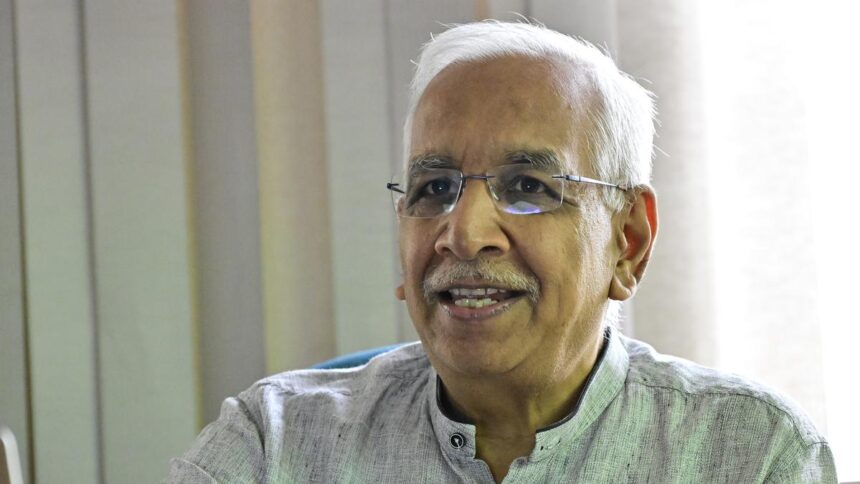
Tulsi Therapeutics, a startup incubated at ASPIRE-BioNEST,University of Hyderabad (UoH), has announced the world’s first successful animal trial of a novel stem cell–exosome combination therapy for chronic liver failure.
| Photo Credit: Getty Images/iStockphoto
Tulsi Therapeutics, a startup incubated at ASPIRE-BioNEST,University of Hyderabad (UoH), has announced the world’s first successful animal trial of a novel stem cell–exosome combination therapy for chronic liver failure.
Chronic liver failure remains a serious public health concern in India, contributing to nearly 20% of global liver-related deaths. With transplantation being the only current treatment, investigational product – ‘Tulsi-28X’ represents a potential paradigm shift. It works by secreting regenerative proteins and growth factors, stimulating the repair of diseased liver tissue.
“We are committed to developing world-class yet affordable regenerative solutions. Our next step is to take Tulsi-28X into human clinical trials in collaboration with Nizam’s Institute of Medical Sciences (NIMS),” said Tulsi Therapeutics chief scientific officer Ravi Bonthala.

The preclinical trial, conducted in collaboration with global experts including Indiana University, (USA) Naga Chalasani and PGIMER, (Chandigarh) Ajay Duseja had demonstrated 100% of the animals treated with ‘Tulsi-28x’ showed reversal of liver fibrosis (indicating liver regeneration) resulting in zero deaths, compared to only 14% reversal (p<0.001) and 43% deaths (p<0.0066) in the untreated control group, according to a press release on Thursday.

While conceptualized in the United States, the platform was entirely developed in India through three years of intensive research at ASPIRE-BioNEST. “This is a significant milestone for India’s biotech industry. ASPIRE-BioNEST provided a world-class platform that helped us translate our vision into scientific reality. While human trials are the next challenge, this study opens doors to a new class of biologics in liver disease,” said founder & CEO of Tulsi Therapeutics Sairam Atluri.
Key results were presented at the AASLD 2024 Liver Conference in San Diego (US) and accepted for publication in the ‘Journal of Regenerative Medicine’.The firm could also be the first biotech company developing dual stem cell–exosome biologic. It is said to be a first-in-class regenerative therapy derived from Wharton’s Jelly mesenchymal stem cells and their native exosomes—a combination never before tested in any animal model worldwide.
“This milestone highlights how India’s innovation ecosystem—anchored by institutions like the UoH and enabled by BIRAC and incubators like ASPIRE-BioNEST—is capable of delivering breakthrough global biotech products,” said Vice Chancellor B.J. Rao.
“The achievement is a proud moment for all of us at ASPIRE-BioNEST. It reflects our mission to nurture science-led innovation with real-world impact. it’s incredibly fulfilling to see this ecosystem support a global-first breakthrough in regenerative medicine,”said CEO of ASPIRE-BioNEST Anil Kondreddy.
ASPIRE-BioNEST supported by BIRAC, Department of Biotechnology, mentors early-stage biotech startups through infrastructure and funding access. It has supported more than 75 deep-tech life sciences startups and was recognized as “Best Emerging Bio-Incubator” by BIRAC in 2021, added the release.
Published – July 24, 2025 04:34 pm IST





















